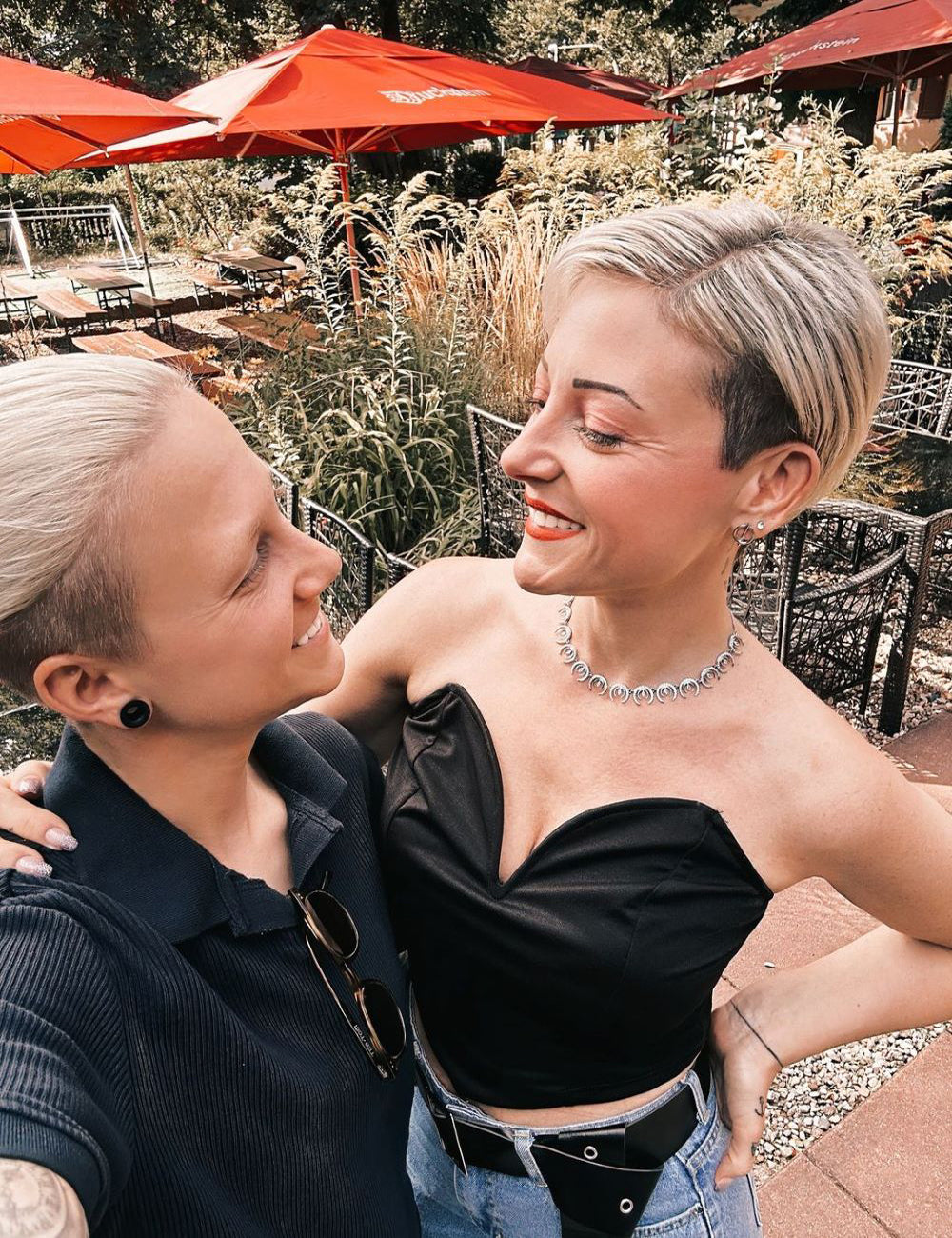
What does the Bible say about gay people?
|
|
読む時間 2 min
|
|
読む時間 2 min
In the realm of language and identity, the term "gay" has evolved significantly over time, reflecting broader societal changes and the journey towards acceptance and understanding of LGBTQ+ individuals. Originally denoting happiness or joy in English, "gay" underwent a semantic shift in the mid-20th century to primarily refer to homosexuality, particularly male homosexuality. This transition not only marked a linguistic evolution but also mirrored a societal movement towards recognizing and acknowledging diverse sexual orientations.
LGBTQ IN BIBLE
Historical Context and Biblical PerspectivesThe discussion of homosexuality in religious texts, particularly in the Bible, has often been a contentious topic. In the Old Testament, such as in Leviticus, same-sex relations are condemned, emphasizing them as sinful and against God's will. Similarly, the New Testament, in passages like Romans, portrays same-sex acts as unnatural and deserving of condemnation. These interpretations have historically shaped attitudes within certain Christian traditions towards LGBTQ+ individuals.
Evolution of "Gay" and Cultural ShiftsThe semantic shift of "gay" from its original meaning of happiness to its current usage as a term for homosexuality reflects broader cultural changes and the LGBTQ+ rights movement. As society progressed towards greater inclusivity and acceptance, individuals within the LGBTQ+ community reclaimed and embraced the term "gay" as a positive identifier of their sexual orientation and identity. This reclaiming process signifies empowerment and self-recognition, challenging negative historical connotations.
OLUV: Bridging Fashion with Inclusivity
In contemporary times, brands like OLUV exemplify a forward-thinking approach towards LGBTQ+ inclusivity. OLUV specializes in fashion accessories and fine jewelry designed specifically for the LGBTQ+ community, promoting self-expression and pride. Their design concept incorporates elements symbolizing pride culture, pioneering concepts of self-identity, and an ethos of inclusivity and mutual acceptance.
OLUV BRAND Design Concept and LGBTQ+
RepresentationOLUV's products often feature symbolism such as the rainbow, an iconic representation of diversity and inclusivity within the LGBTQ+ community. By integrating these symbols into its design, OLUV not only creates aesthetically appealing products, but also fosters a sense of community and belonging among LGBTQ+ individuals and allies. This approach resonates deeply with individuals seeking to celebrate their identities openly and proudly.
Promoting Love and Respect
Beyond aesthetics, OLUV actively collaborates with various international orgnizations like Inter Pride to promote love, respect, and equality for LGBTQ+ individuals. The initiatives aim to inspire courage in individuals to embrace their true selves, advocating for the rights and freedom that they deserve. By aligning its brand values with principles of diversity and acceptance, OLUV contributes positively to shaping a more inclusive society.
Conclusion: Celebrating Diversity and IdentityIn
conclusion, the term "gay" has transformed from its origins as a descriptor of happiness to a powerful identifier within the LGBTQ+ community, reflecting societal shifts towards acceptance and diversity. Brands like OLUV exemplify this evolution by not only embracing LGBTQ+ identities in its design, but also advocating social acceptance and respect. As we continue to progress, it's crucial to celebrate diversity and promote inclusivity in all facets of life, ensuring that everyone can live authentically and with dignity.
Through understanding the origins of language and the evolution of social attitudes, we move towards a future where individuals of all sexual orientations and gender identities are valued and respected. OLUV stands as a beacon of this progress, embodying the spirit of inclusivity and empowerment through its innovative designs and community-focused initiatives.By embracing our differences and celebrating our identities, we build a more compassionate and equitable world for all.




